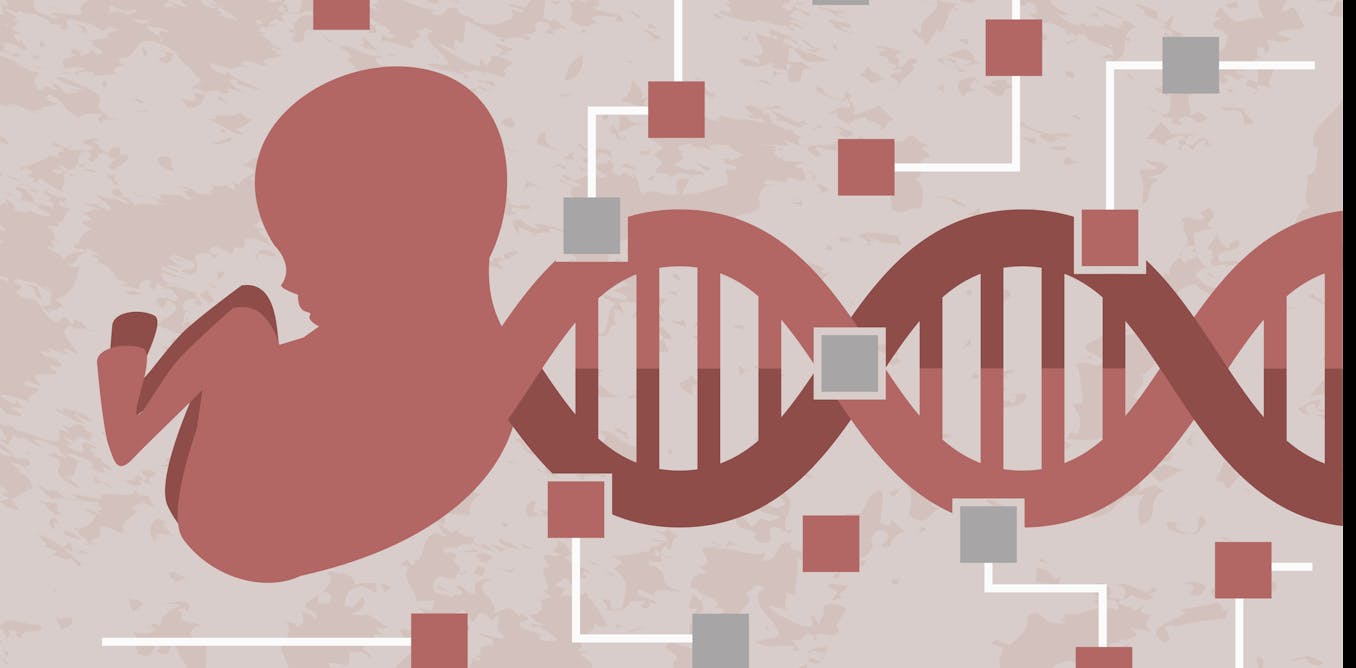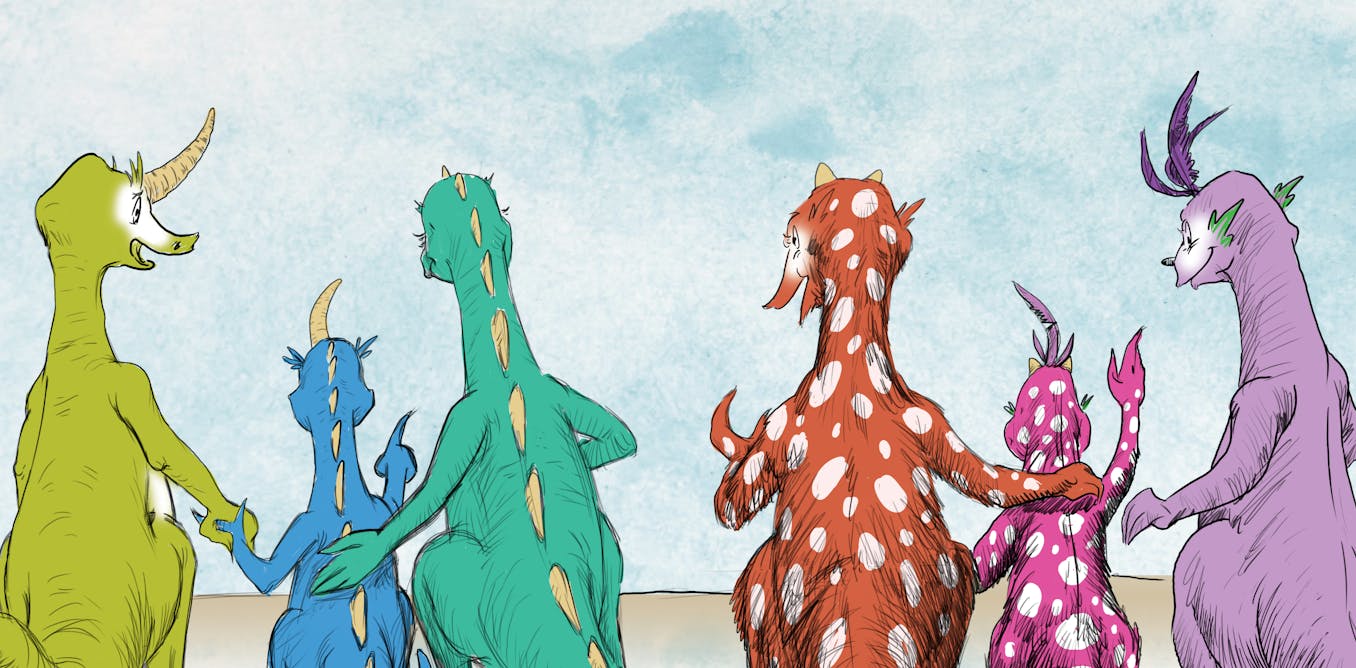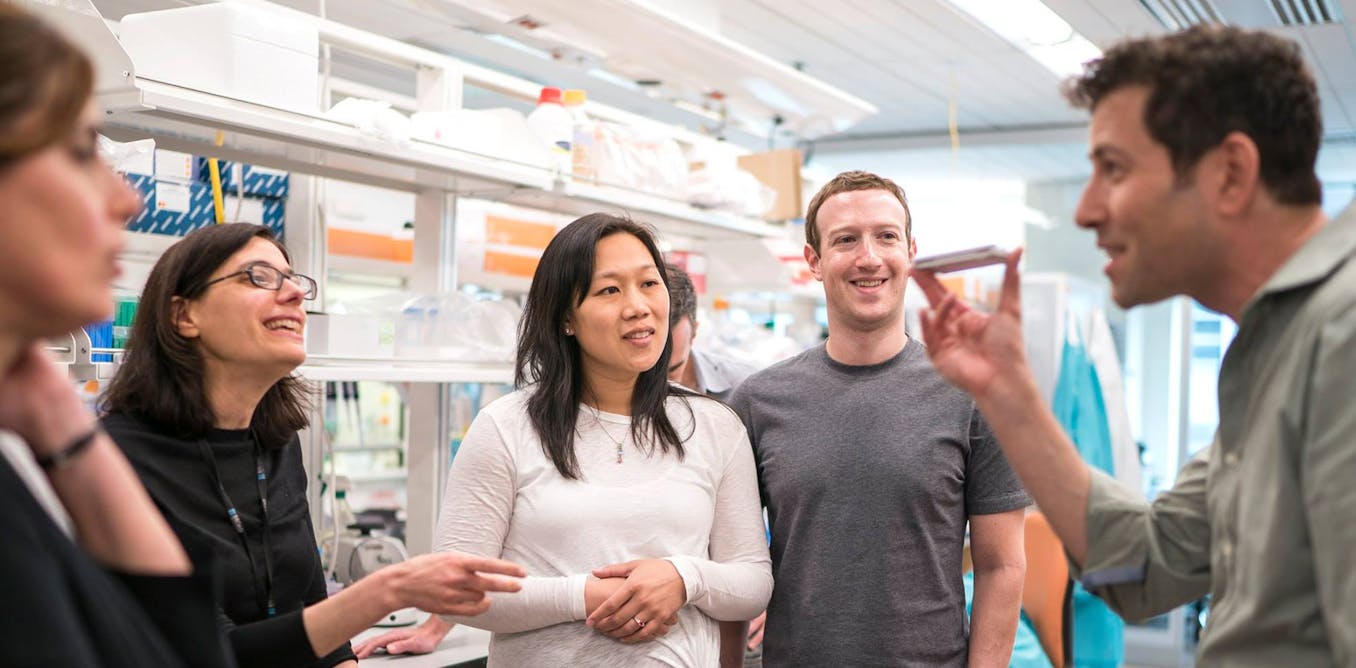Pregnancy is a genetic battlefield – how conflicts of interest pit mom's and dad's genes against each other
Genetic conflict may play a role in pregnancy complications, such as preeclampsia and gestational diabetes, as well as developmental disorders.
Nov. 30, 2022 • ~8 min







